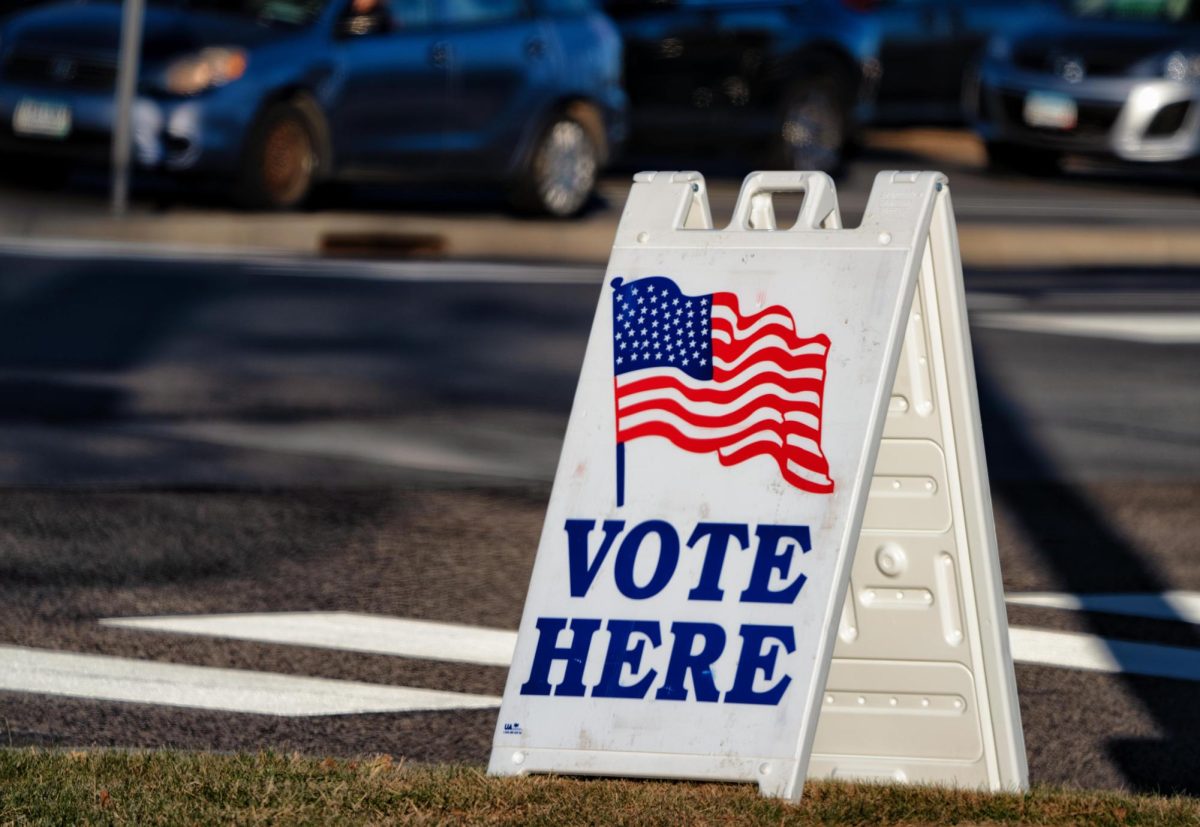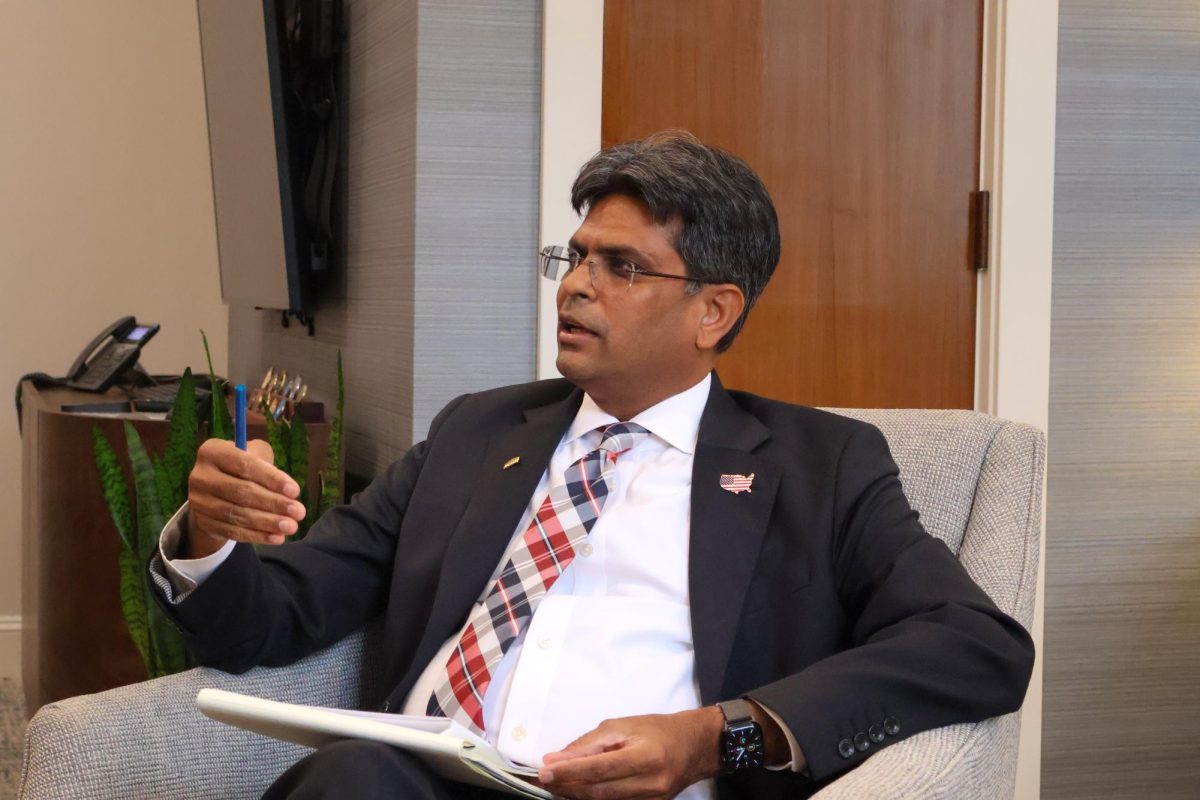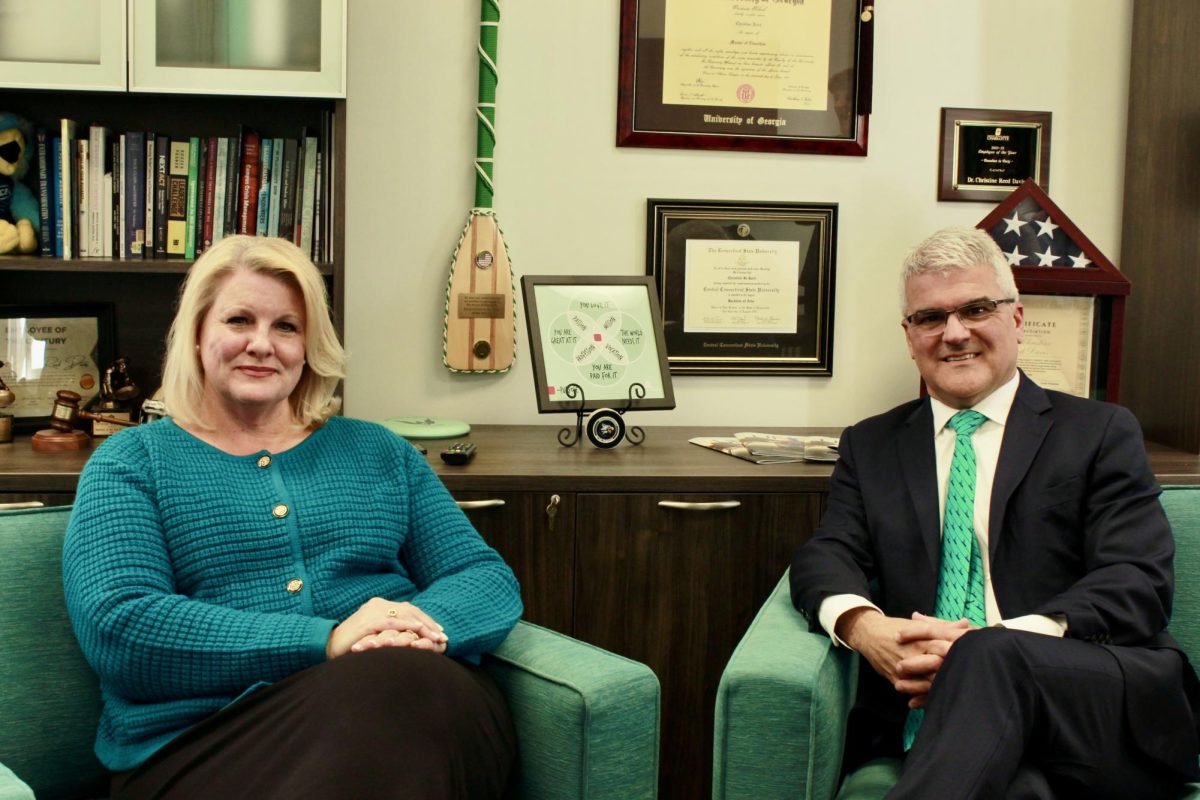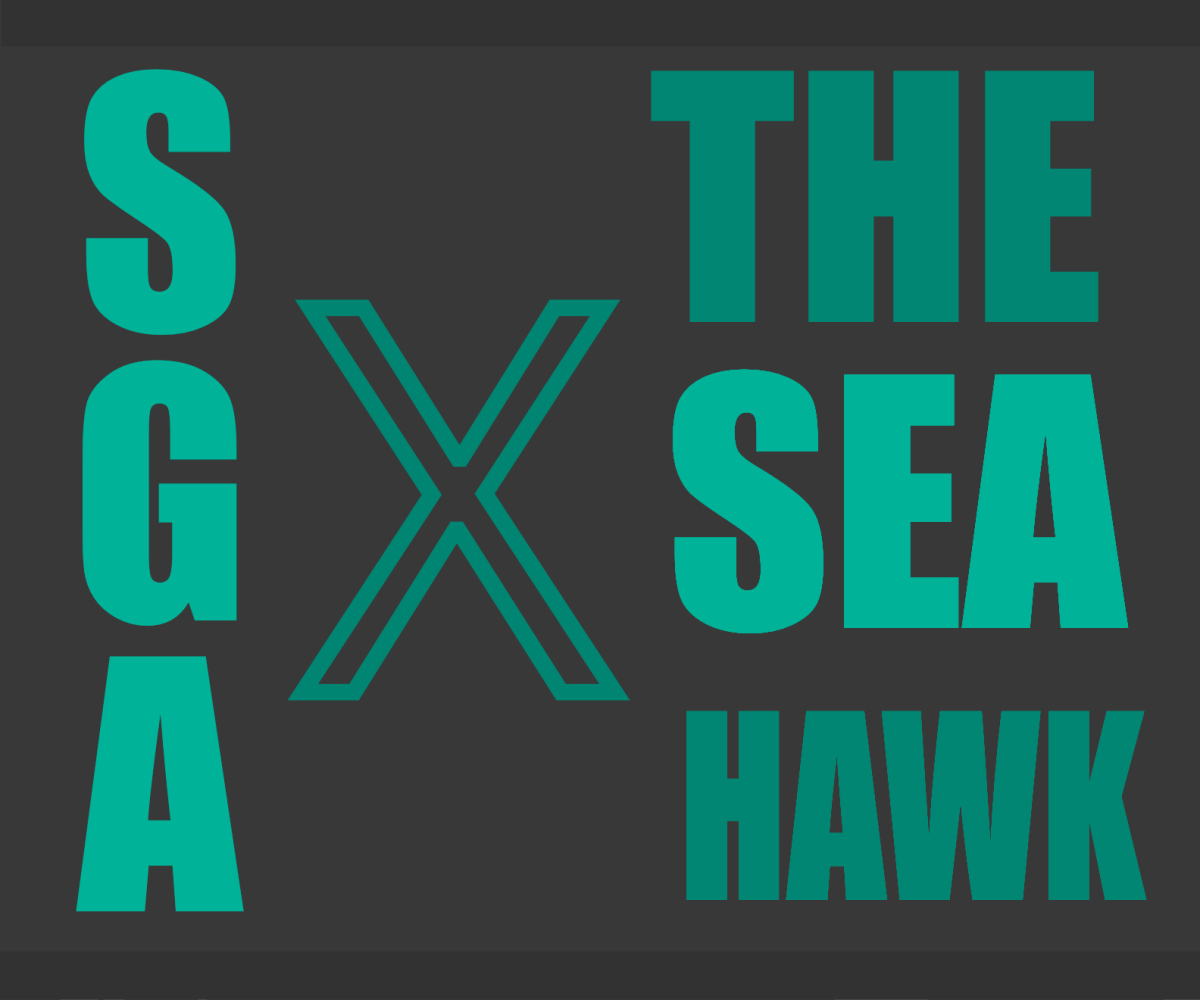
The Student Government Association (SGA) unanimously passed a resolution supporting the implementation of a 10-point grading scale at UNCW on April 2.
The SGA passed the resolution in response to a March survey put before the student body, in which 87% of students expressed support for the adoption of a universal 10-point grading scale. The measure will have to go through the Faculty Senate, a step that is likely to come next academic year.
All 40 members voted in favor of the resolution due to the large amount of support coming from the student body. The proposed policy would remove plus and minus distinctions from grading, only allowing whole letter grades. A grade of 91% in a course would result in four points towards a student’s GPA in all courses across UNCW.
Of the 411 students surveyed, 64% expressed no benefit from the current seven-point grading scale. SGA conducted the survey through an online form, accessible via a QR code displayed in the library.
In anonymous comments, many students expressed frustration around the current grading scale. “Some universities use the 10-point grading scale. and we use the seven-point. Their GPA will look higher to graduate schools,” one comment said.
Student Body President Cody Brandon said that the Faculty Senate intends to look at the proposal next year.
When asked what prompted the proposal, Brandon said the SGA wanted to see more uniformity in the grading scale. “We found that some classes operated on a five-point scale, some on a 10-point scale and some on a seven-point scale,” Brandon said.
He emphasized that the policy would lead to a greater degree of fairness across the university, as student’s GPAs would not be impacted by differences in individual course grading schemes.
Brandon also pointed to the implementation of a universal 10-point grading scale at UNC Charlotte as an example of the policy.
Provost James Winebrake responded to the proposed changes in a statement.
“It seems that students who normally earn grades in the plus range would see a negative impact on their grades. Students who normally earn grades in the minus range would see a positive impact on their overall grades,” Winebrake said, commenting on potential impacts.
Speaking about whether potential benefits outweighed the downsides, Student Body Vice President and incoming Student Body President for the 2024-2025 school year, Skyler Stein said, “I would say that we didn’t decide that. I would say that is based on the survey of the student body.”
“What we’re here for is to represent the voice and visions of the student body,” Stein added.
Faculty Senate President Colleen Reilly was unable to provide further insight into the Faculty Senate’s perspective on the issue, as the body has not had the chance to meet since SGA passed the resolution. The Staff Senate will not need to consider the proposal, as grading is not under their jurisdiction.
Provost Winebrake said faculty members have the ultimate authority over grading authority in their courses, though the university currently offers faculty various grading options that can be found in the university’s academic catalogues. He also emphasized the complexity of altering the grading system.
“A change in the grading system would be taken very seriously, with discussion and review required from the faculty,” Winebrake said.
Provost Winebrake added, “Following any approved changes [by the Faculty Senate], a plan for implementation would need to occur with appropriate university offices.”
Brandon emphasized that even upon approval by the Faculty Senate, implementation would take years as UNCW administration worked to enact the policy across the university.
You can contact Skyler Stein or Hannah McCary with any questions about the proposal.




















